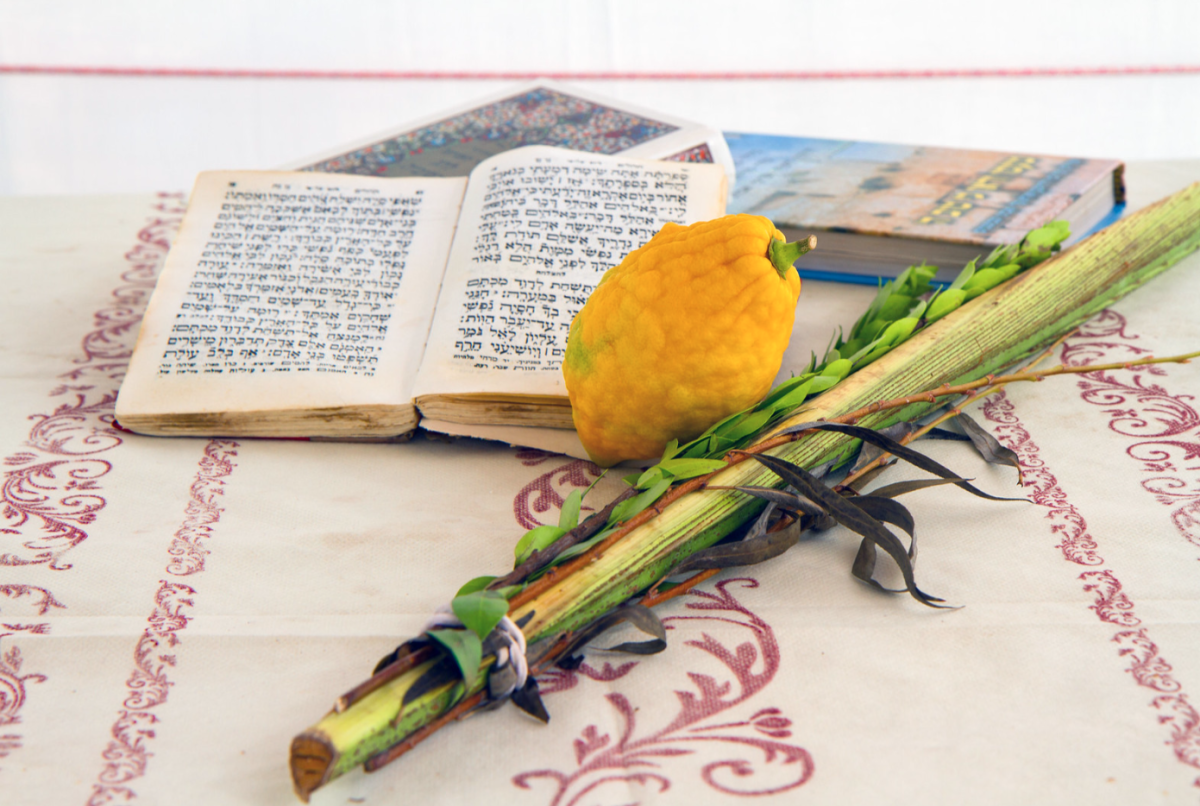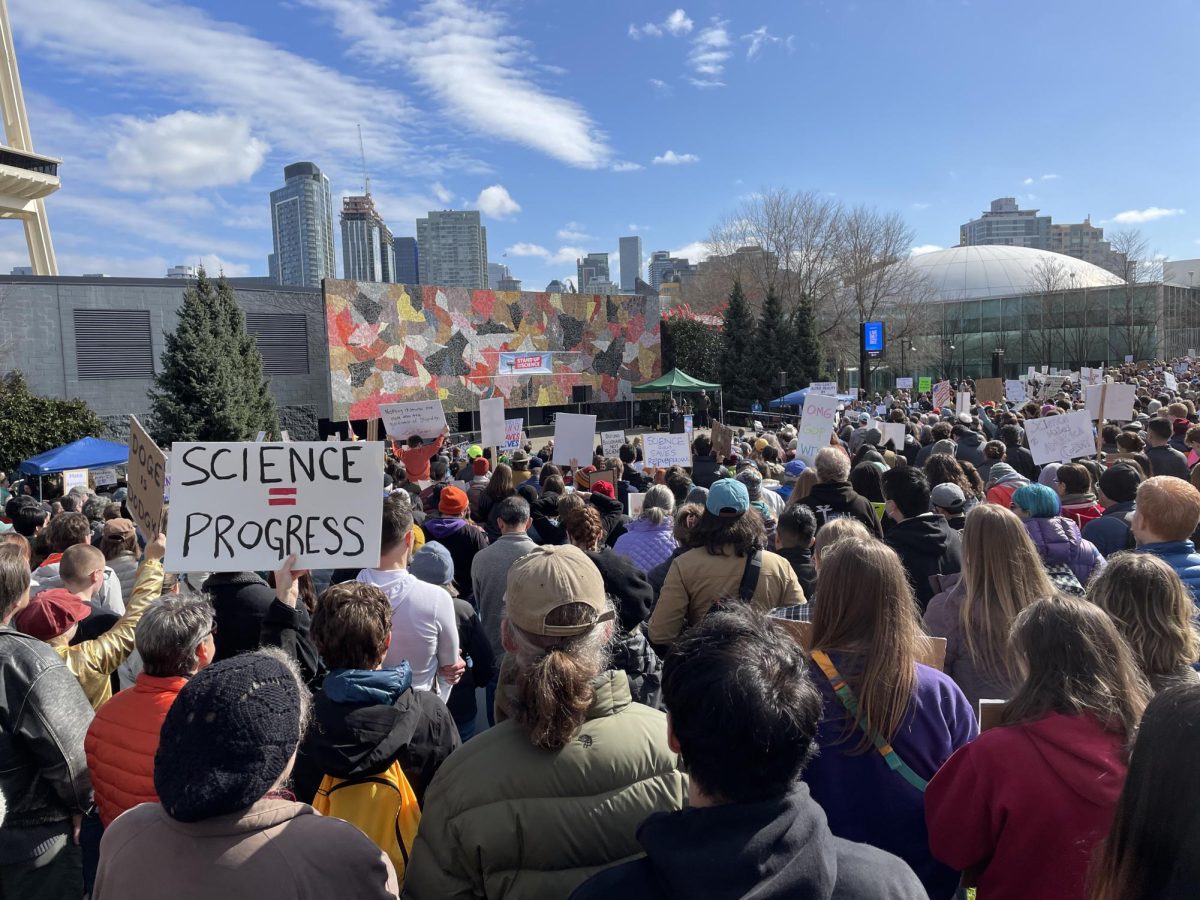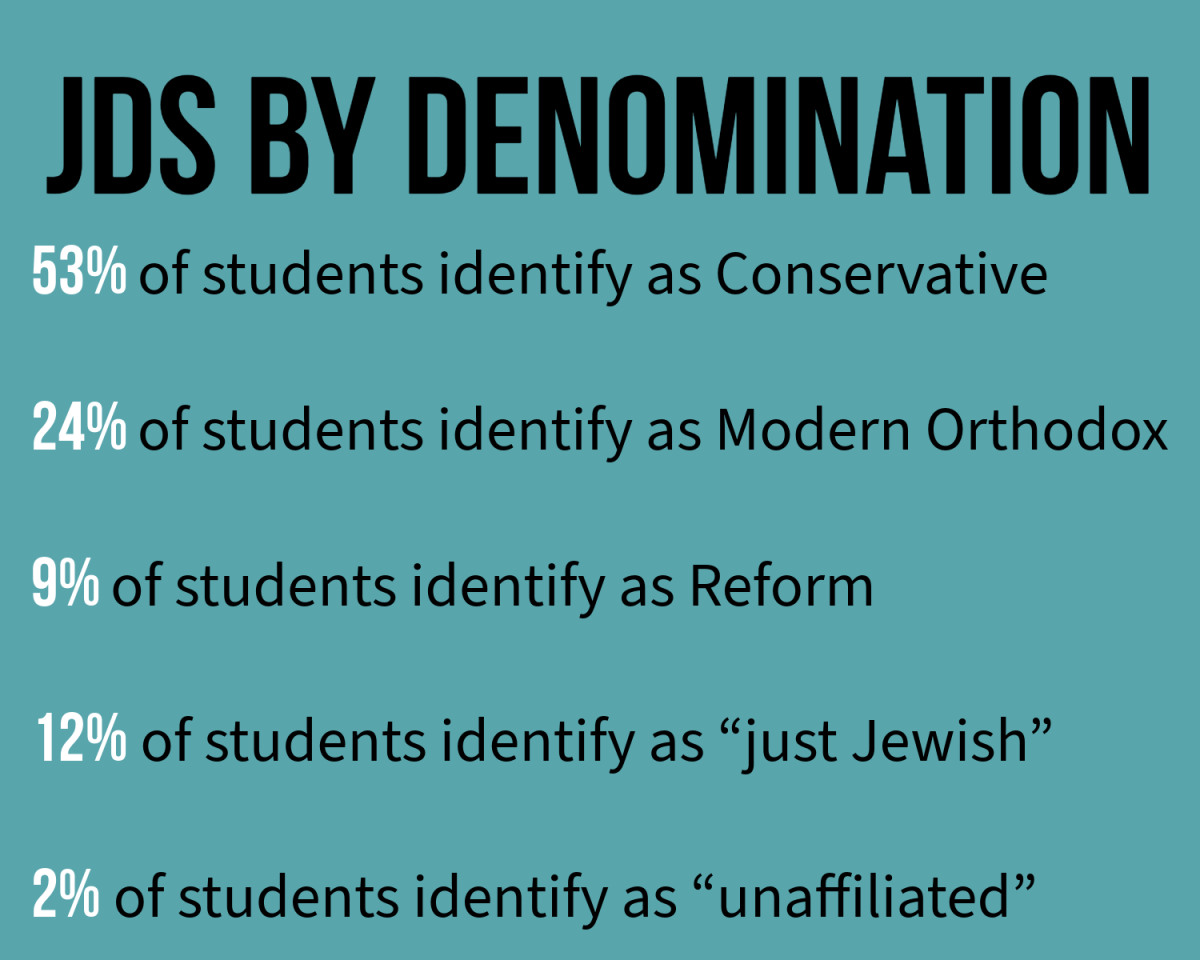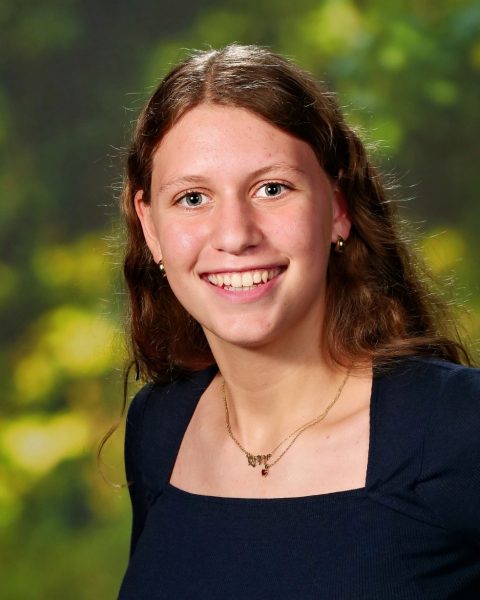As students ranging from seniors to sixth graders formed a conga line and danced around the Beit Midrash and CESJDS hallways, they sang the words of Hoshanot. For the seniors in Masorti minyan, this was their last day to celebrate Sukkot at school, and they enthusiastically participated in all their ZK had to offer, including an engaging hallel and festive singing and celebration.
For eight days a year, Jews celebrate the holiday of Sukkot by eating their meals in a Sukkah and shaking a lulav, a palm frond and an etrog, a yellow citron. While three of these eight days are chag (holiday) and are often spent at shul, JDS observes the other five days, called Chol Hamoed, as normal school days. I think that spending the Chol Hamoed days of Sukkot at school is incredibly beneficial to students.
Yontif requires more religious Jews to abstain from driving or writing, but there are no rules regarding what one may do on Chol Hamoed that would prevent school from taking place. While there are still restrictions on activities such as haircuts or agricultural work during these five days, school does not include either of these activities, so it is perfectly acceptable to have school.
Other Jewish schools, such as Melvin J. Berman Hebrew Academy or other yeshivot, don’t have school on Chol Hamoed. However, JDS is not an Orthodox school and does not need to abide by the same practices other more religious schools do.
JDS does have a special policy for sukkot though, where no teacher is permitted to give homework, quizzes or tests during these five days. This is likely in an attempt to give students time to enjoy the holiday with their families without worrying about schoolwork. I believe it’s the perfect middle ground between no school and regular school.
If JDS did not have school, many students would likely travel or hang out at home with family and friends, but would not actually embrace the holiday itself or any of the practices that go along with it.
Also, over the past two months JDS has already had many days off for numerous other holidays, such as Rosh Hashanah and Yom Kippur, so having another five full days of school off is too much. Another week off would cause students to forget previously learned material, making the following week back at school even more stressful and difficult.
Being at school during a festive holiday also strengthens our JDS community. Sukkot is a time for celebration and fun, and the opportunities classes had to learn in the school sukkah or the whole upper school had to beat aravot as a school allowed us to bond and enjoy. For example, while there had not been Kabbalat Shabbat in multiple weeks due to chag falling on Fridays, Sukkot assemblies brought students together to enjoy music and Sukkot related activities, and engage in competitions specific to Sukkot.
Sukkot is a time to be happy and look at how far Jews have come as a people, and I believe that the best and easiest way to do that is by celebrating with our school community. Having school during Chol Hamoed Sukkot allows students to truly enjoy the holiday and all of its unique practices with their friends, while not having to worry about schoolwork after coming home for the night.















